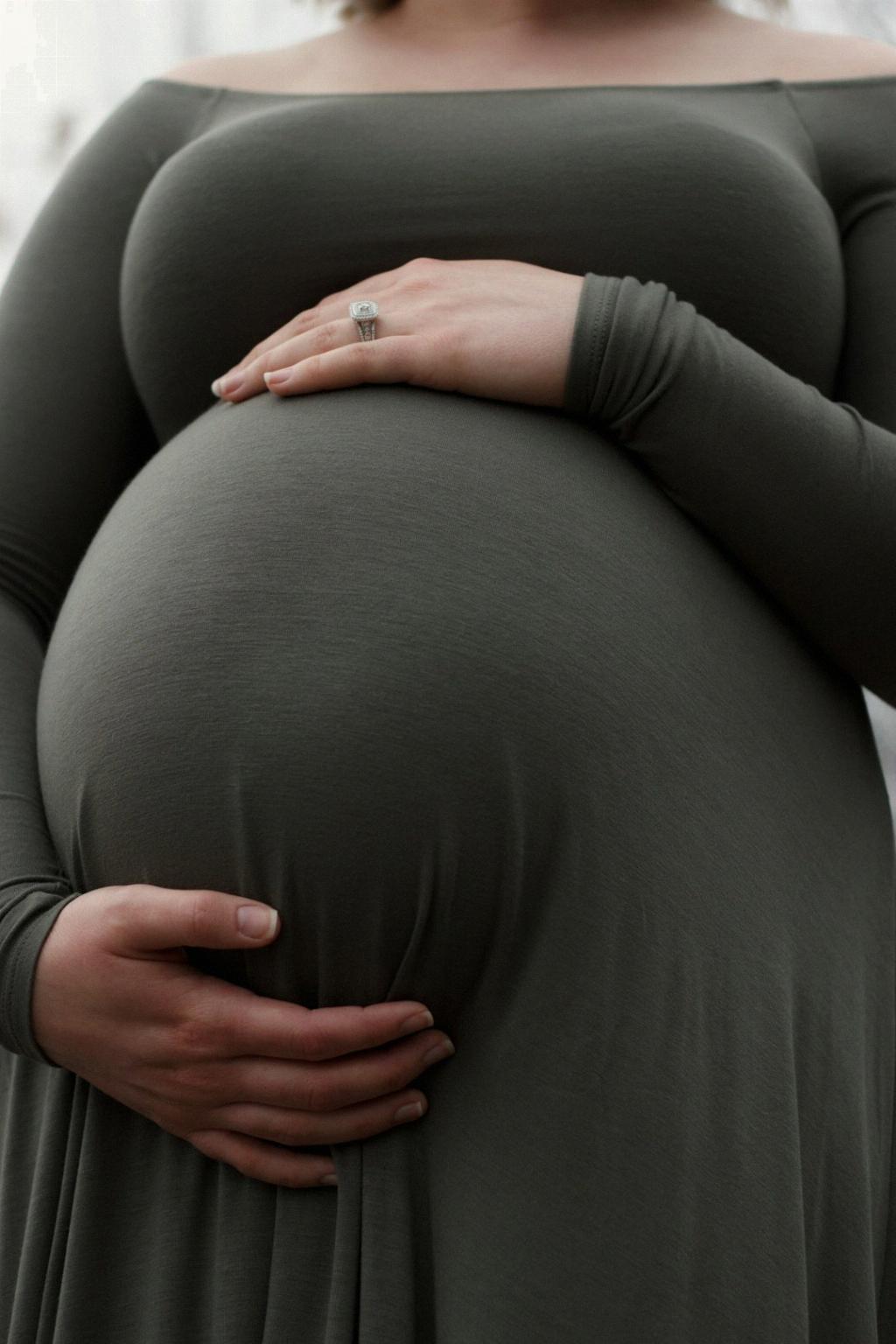When it comes to the question of how likely it is to get pregnant while ovulating, there are several key factors to consider. One of the most important factors is timing, as the window of opportunity for conception is relatively small each month. Ovulation, the release of an egg from the ovary, is a critical phase in the menstrual cycle for those trying to conceive.
The Importance of Timing Sexual Intercourse
Maximizing fertility and increasing the chances of conception involve timing sexual intercourse to coincide with ovulation. The most fertile period is typically the 2-3 days leading up to ovulation and the day of ovulation itself. Having intercourse during this timeframe can significantly increase the likelihood of pregnancy.
Understanding Ovulation and Fertility
Ovulation usually occurs around the middle of the menstrual cycle, approximately 14 days before the start of the next period. During this time, an egg is released from the ovary and is available for fertilization. The egg remains viable for about 12-24 hours post-ovulation.
The Role of Sperm Health
For conception to occur, healthy sperm needs to be present in the reproductive tract around the time of ovulation. Sperm can survive in the female reproductive system for up to 5 days, so having intercourse in the days leading up to ovulation can also result in pregnancy.
The Impact of Ovulation Irregularities
While ovulation typically occurs in the middle of the menstrual cycle, factors like stress, illness, or hormonal imbalances can cause fluctuations in ovulation timing. Irregular ovulation can make it more challenging to predict the fertile window and increase the uncertainty of conceiving.
Tracking Ovulation and Fertility Signs
Monitoring fertility signs such as basal body temperature, cervical mucus consistency, and ovulation predictor kits can help pinpoint the most fertile days in the menstrual cycle. Understanding these signs can enhance the accuracy of timing intercourse for conception.
Factors Affecting Fertility
Age, overall health, and lifestyle factors can also influence fertility and the likelihood of conceiving during ovulation. Women in their early 20s tend to have higher fertility rates compared to those in their late 30s and 40s due to natural aging processes.
Addressing Infertility Concerns
If concerns about infertility arise after several months of trying to conceive during ovulation, consulting a healthcare provider or fertility specialist can provide valuable insights and potential solutions. Addressing underlying issues can improve the chances of successful pregnancy.
Optimizing Fertility Through Healthy Habits
Enhancing overall health through a balanced diet, regular exercise, adequate sleep, and stress management can positively impact fertility. Maintaining a healthy lifestyle can support reproductive health and increase the likelihood of conceiving during ovulation.
Seeking Professional Guidance
For individuals facing challenges with fertility or concerns about conceiving during ovulation, seeking guidance from a healthcare professional is essential. Fertility testing, treatment options, and personalized recommendations can help navigate the journey to parenthood.
Conclusion
Ultimately, the likelihood of getting pregnant while ovulating depends on various factors, including timing, fertility signs, sperm health, and overall reproductive health. By understanding these factors and optimizing lifestyle habits, individuals can increase their chances of conceiving during ovulation and fulfilling their desire to start a family.

